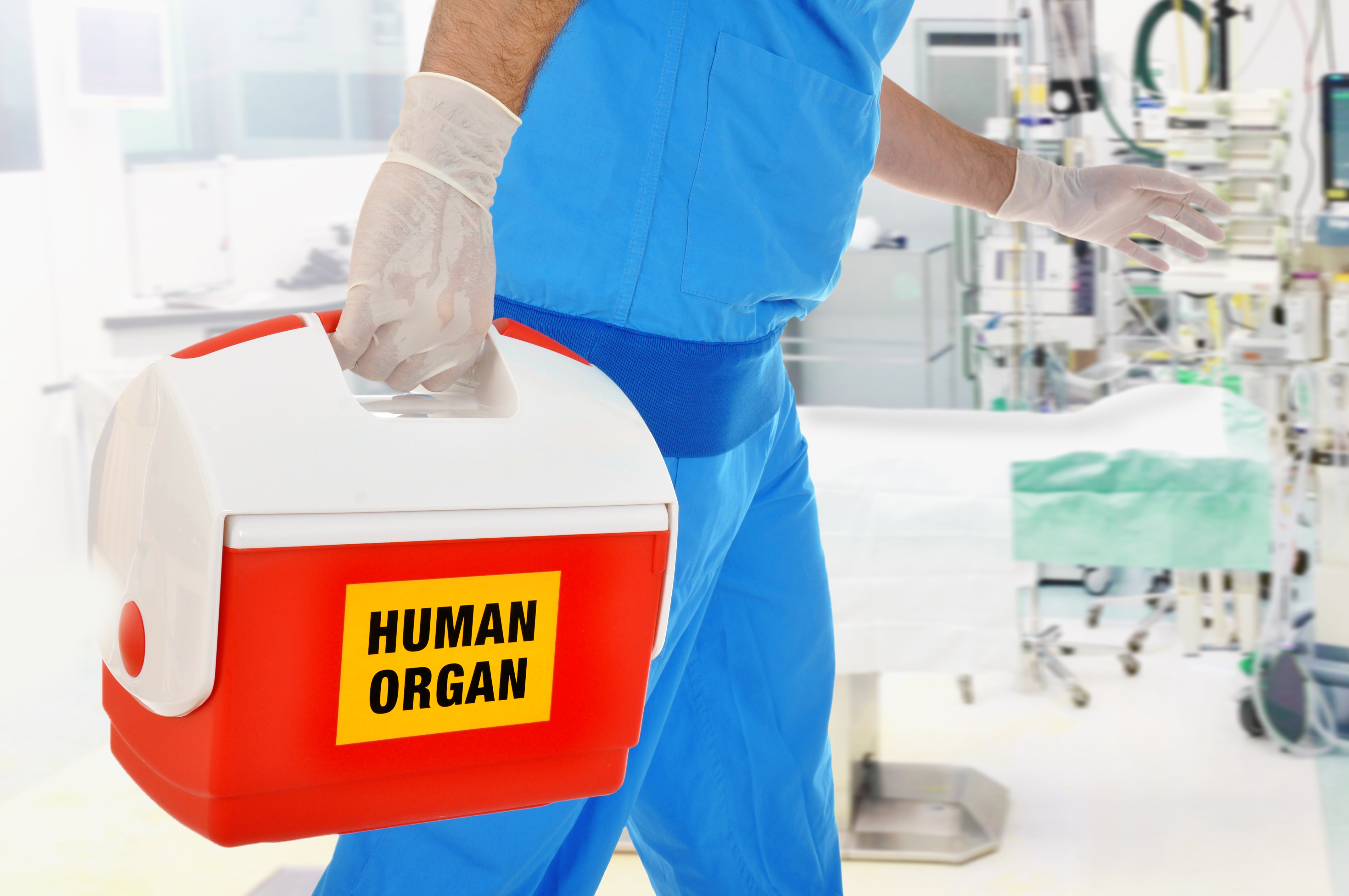
(Vienna, 08 August 2023) At the University Hospital Vienna and MedUni Vienna, a kidney was successfully transplanted into an immunologically highly sensitised patient for the first time in Austria as part of a clinical trial using a new enzyme therapy.
To prevent the rejection of a transplanted organ, the tissue characteristics of the recipient and donor have to match well. However, some transplant candidates have already developed a high level of antibodies against a large number of HLA (Human Leukocyte Antigens), which make the allocation of a matching donor organ almost impossible, even after an extended waiting period. Common causes for the development of these many antibodies are transfusions, pregnancies or previous transplantations that have led to an immune reaction.
Imlifidase, a novel enzyme therapy, cleaves all antibodies and allows selected patients with a high immunological sensitisation the chance to be allocated a donor organ and a subsequent transplant. This creates a window of approximately one week to adapt immunosuppression accordingly and prevent rejection of the donor organ. This novel therapy has only been applied to a few patients worldwide. At University Hospital Vienna and MedUni Vienna, the potential applications of imlifidase are currently being tested as part of a clinical trial involving several departments such as the Department of Medicine III/Nephrology, Transfusion Medicine/HLA Laboratory and Transplantation Surgery and Immunology of University Hospital Vienna and MedUni Vienna as well as the Department of Pathology of University Hospital Vienna and MedUni Vienna. In July 2023, the first patient in Austria could thus be successfully transplanted.
The 51-year-old patient developed kidney disease as a young adult and received a kidney transplant from his father at the age of 27. Approximately twenty years later, the transplant was found to be failing and required regular dialysis. Throughout the past four years, kidney function continued to deteriorate to the point where the patient had no urine output and daily fluid intake was not allowed to exceed 1 litre. Due to the first transplantation and blood units, the patient developed several antibodies, which led to an unfavourable prognosis for a repeat transplantation. The calculated chances of receiving a suitable donor organ were less than 1% among the approximately 2,000 donors in the Eurotransplant region last year. Without the enzyme therapy, the probability of a successful transplant would therefore have been low and dialysis was the only treatment option. The patient could be discharged home with good function merely two weeks after the kidney transplant. The rebound of the antibodies approximately one week after the transplantation was critical. However, this was handled well. In the future, the novel therapy could enable further selected immunologically highly sensitised patients to undergo kidney transplantation.